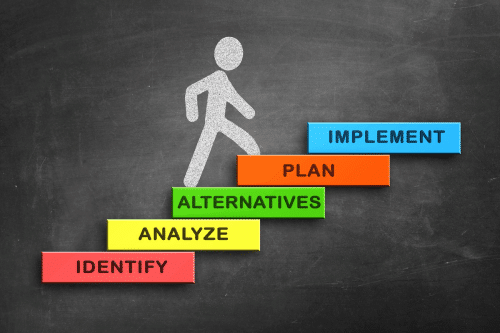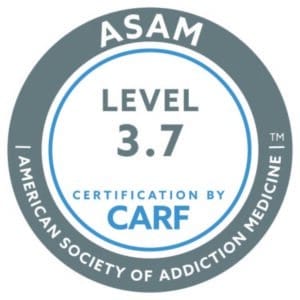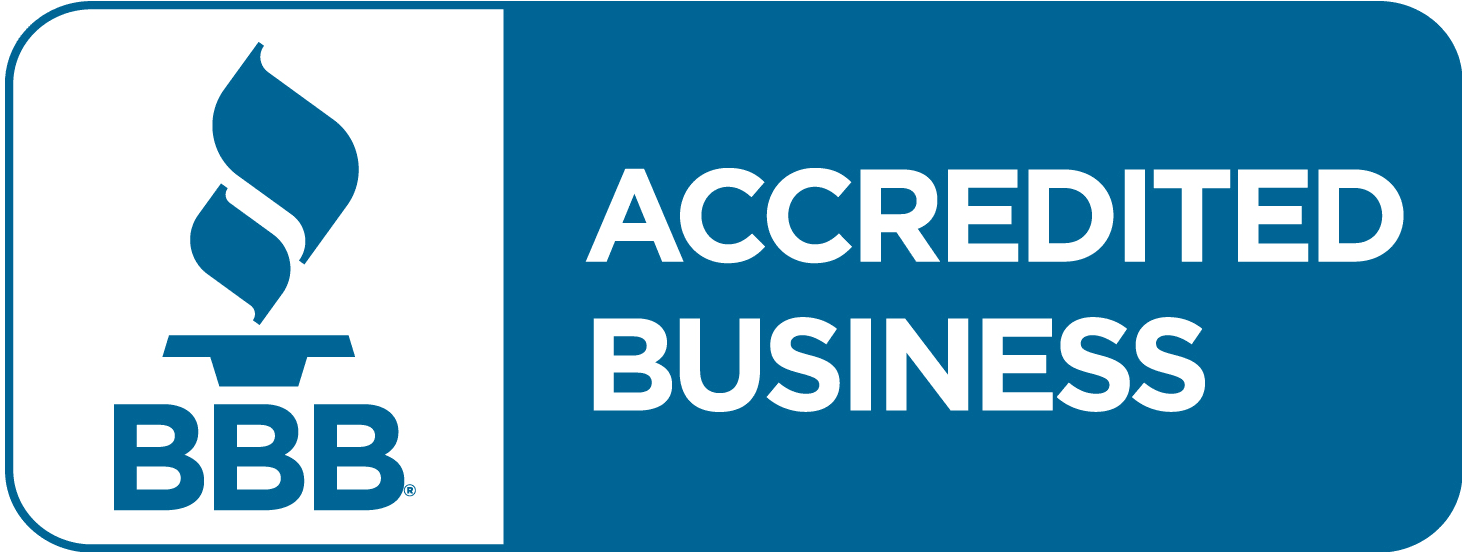12 Step vs Non 12 Step: What’s the Difference?
Choosing the right approach to recovery is a key part of healing from substance use disorders. At Opus Treatment in Orange County, we guide clients through different programs for alcohol use and drug treatment. Two of the most common options are 12-step and non-12-step programs. Each has its own methods, benefits, and challenges.
Understanding 12-Step Programs
Core Principles and Philosophy
The 12-step model began with Alcoholics Anonymous (AA) and expanded to include Cocaine Anonymous, Overeaters Anonymous, and other 12-step self-help groups. These programs follow a set of steps designed to support individuals dealing with addictive behaviors. Members often complete a personal inventory and a moral inventory, admit defects of character, and focus on continuous abstinence.
Role of Spirituality
Spirituality is central to most 12-step programs. Many members describe having a spiritual awakening during their recovery journey. However, this spiritual focus may not appeal to those seeking a secular approach.
Community and Support Structure
12-step groups provide peer-based support. Regular 12-step meetings offer one-on-one support, group sharing, and structure. This format helps many achieve long-term recovery, as seen in Project MATCH posttreatment drinking outcomes and various observational studies.
Structured Process and Steps
Members of step programs move through a series of 12 actions. These include admitting powerlessness, making amends, and helping others. The National Institute on Drug Abuse recognizes the value of mutual-help groups as part of evidence-based treatment for addiction.
Criticisms of 12-Step Programs

Concerns About Emphasis on Higher Power
The focus on a Higher Power can be a barrier for individuals who prefer a secular recovery method. Some feel it doesn’t align with their personal beliefs or spirituality in addiction recovery.
Issues with Identifying as Powerless
Admitting powerlessness may feel disempowering for those who value self-efficacy and self-direction. Critics suggest it could hinder mechanisms of behavior change by discouraging personal responsibility.
Limitations in Inclusivity
Traditional 12-step members may not always reflect the full range of backgrounds and experiences. This can affect group cohesion, especially for women, LGBTQ+ individuals, or people with co-occurring mental disorders.
Exploring Non-12-Step Programs
Key Differences in Approach
Non-12-step programs focus on behavioral therapy, behavioral interventions, and clinical interventions. They emphasize self-empowerment and tools backed by clinical trials, often including motivational enhancement therapy or cognitive behavioral therapy (CBT).
Emphasis on Self-Empowerment
These programs shift away from the idea of powerlessness. Instead, they encourage taking charge of one’s recovery and addressing problematic behaviors and behavior patterns with practical skills.
Secular and Evidence-Based Practices
Programs like SMART Recovery, Women for Sobriety, Rational Recovery, Secular Organizations for Sobriety, and Moderation Management offer alternatives for people who want secular recovery with evidence-based treatment methods. They use tools to manage cravings, prevent relapse, and improve quality of life.

Overview of Popular Non-12-Step Programs
- SMART Recovery: Teaches science-based tools for managing thoughts and compulsive behavior.
- LifeRing Secular Recovery: Offers mutual help alternatives in a secular format.
- Women for Sobriety: Supports women seeking recovery through emotional growth and self-help groups.
- Refuge Recovery: Combines mindfulness with Buddhist principles to reduce alcohol-related consequences.
- Moderation Management: Aims to reduce drinking intensity without requiring complete abstinence.
Evaluating Effectiveness
Research on Success Rates
Research such as randomized trials, longitudinal studies, and the PAL Study show mixed results on success rates. A systematic review in the Journal of Substance Abuse Treatment and work by Ferri M, Kaskutas LA, and Humphreys K highlight the importance of self-selection bias, level of 12-step involvement, and access to treatment for substance abuse.
Individual Fit and Personal Preference
No single method works for everyone. Some find strength in 12-step groups, while others prefer non-12-step programs. Success often depends on engagement, belief alignment, and support. MATCH posttreatment drinking research suggests both models can help improve recovery outcomes.
Considerations for Choosing a Program

Aligning with Personal Beliefs
Beliefs influence outcomes. Someone who values spiritual awakening might benefit from a 12-step program, while someone seeking a secular approach may prefer non-12-step options.
Importance of Group Cohesion and Support
A strong peer group improves results. Whether through 12-step meetings or online meetings in secular programs, support builds accountability and promotes sustained sobriety.
Involvement of Family Members in Recovery
Family engagement is often encouraged in both models. Programs may include family therapy, education, or group sessions to reduce medical care costs and improve treatment outcomes.
The Growing Landscape of Recovery Options
Expanding Diversity in Recovery Choices
The National Institutes of Health and the National Institute on Alcohol Abuse and Alcoholism recognize the growing diversity in programs of recovery, especially for alcohol misuse, alcohol addiction severity, and unhealthy alcohol behaviors.
Accessibility of Non-12-Step Programs
Thanks to online meetings, outpatient treatment, and rehab centers, both 12-step and non-12-step groups are more accessible. Many treatment providers now include holistic treatments, medical management, and psychosocial interventions in their care models.
Making an Informed Decision
Assessing Personal Recovery Goals
Recovery goals vary. Some aim for lifetime abstinence, others for reduced excessive alcohol consumption. Tools like the Inventory of Consequences help assess the impact of alcohol use disorder on daily life.
Tailoring Recovery to Individual Needs
At Opus Treatment, our treatment center offers both step rehab programs and 12-step alternatives. Whether you’re addressing addiction to alcohol, drug use, or co-occurring conditions, we help you choose a plan that fits your goals.
Frequently Asked Question's
The main difference lies in the approach. 12-step programs, like Alcoholics Anonymous, are spiritually based and follow a set of steps that include admitting powerlessness, making amends, and relying on a Higher Power. Non-12-step programs use secular, evidence-based treatments like behavioral therapy, motivational enhancement therapy, or SMART Recovery. They focus on personal responsibility and self-empowerment without requiring spiritual beliefs.
Yes, studies such as Project MATCH and reviews in the Journal of Substance Abuse Treatment show that both can be effective. Success depends on individual preference, engagement level, and support system. 12-step involvement often helps those who resonate with spiritual concepts, while others may thrive in secular recovery settings using behavioral counseling interventions and clinical interventions.
Yes, many individuals explore multiple approaches to addiction recovery during their journey. It’s common to start in one model and move to another based on what feels most effective. Opus Treatment supports clients in finding the right fit, whether it’s through step programs, non-12-step groups, or a combination.
Non-12-step programs offer strong support through mutual help alternatives, peer groups, and often online meetings. Programs like LifeRing, Women for Sobriety, and Secular Organizations for Sobriety create community without religious or spiritual language. Many clients find these options just as supportive as traditional 12-step groups, especially when combined with outpatient treatment or therapy.












